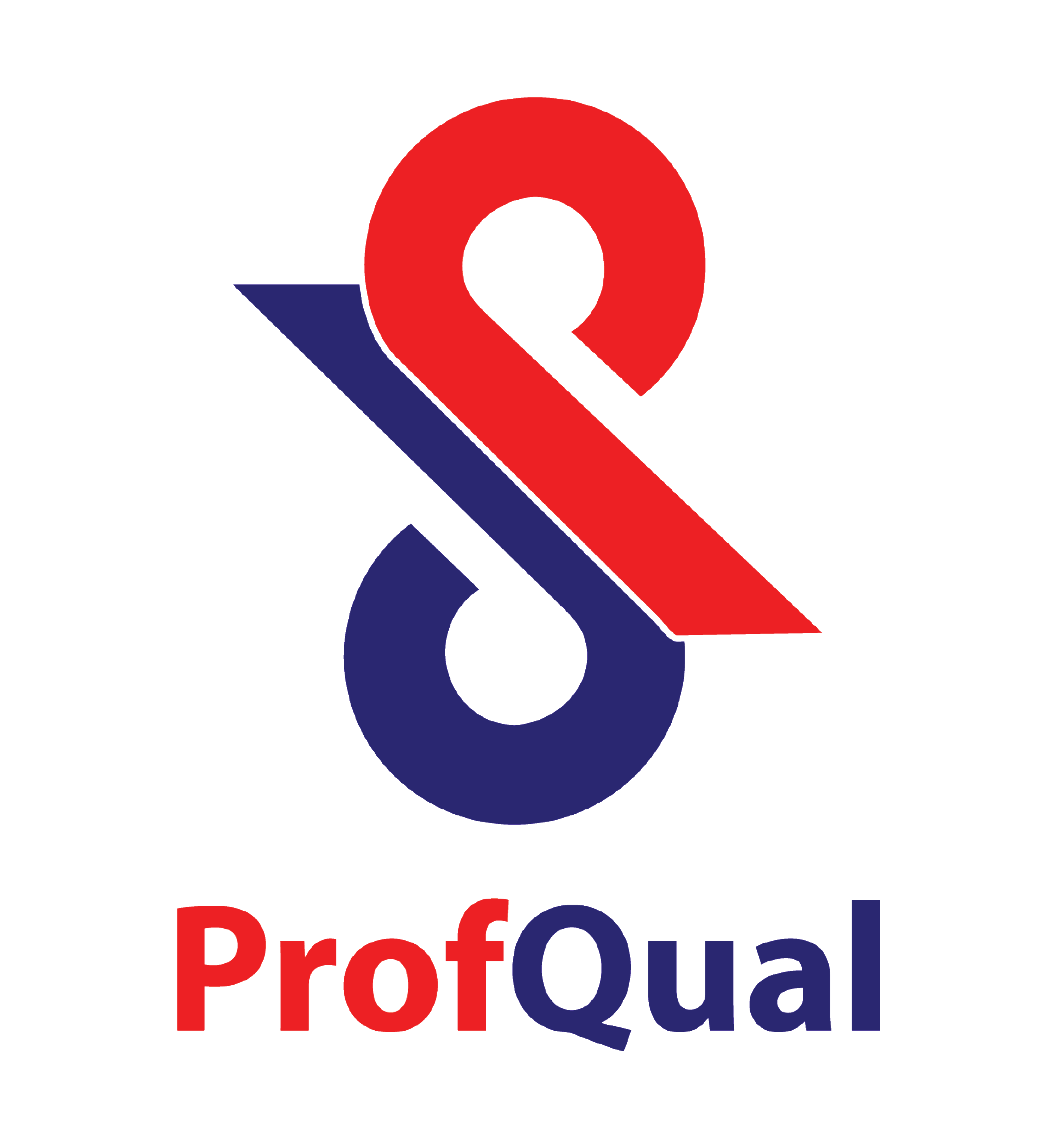
A MEAL diploma specializes in development project management, ensuring transparency, continuous improvement, and successful implementation of projects, ultimately leading to positive social and economic changes.
Days
Hours
Minutes
Seconds
The Diploma in Monitoring, Evaluation, Accountability, and Learning (DMEAL) is designed to equip professionals with the essential knowledge and practical skills required to design, implement, and manage effective MEAL systems. Effective MEAL systems are critical for improving project performance, ensuring accountability, and fostering learning in humanitarian, development, and business contexts.
This program covers key aspects such as designing MEAL systems, data collection and analysis, evaluation and impact assessment, and MEAL in specific sectors. Participants will learn how to develop MEAL frameworks, create performance indicators, analyze data, and generate actionable insights to improve decision-making and project outcomes.
Through a combination of theoretical understanding and practical applications, participants will develop the expertise to monitor project progress, evaluate outcomes, engage stakeholders, and adapt project strategies to meet evolving needs. Upon completion, participants will be equipped to lead MEAL initiatives and contribute to the success of development, humanitarian, and business projects.
Objectives:
By the end of this program, participants will be able to:
Units & Modules:
U-1: Introduction to MEAL
M-1-Introduction to Meal
M-2-Principles of Monitoring
M-3-Principles of Evaluation
M-4-Accountability and Learning
U-2: Designing MEAL Systems
M-5-Meal System Design
M-6-Indicator Development
M-7-Data Management
M-8-Information and Communication Technology ICT in Meal
U-3: Data Collection and Analysis
M-9-Qualitative Data Collection Methods
M-10-Quantitative Data Collection Methods
M-11-Data Analysis
M-12-Utilizng Data for Decision Making
U-4: Evaluation and Impact Assessment
M-13-Impact Assessment
M-14-Advanced Evaluation Methods
M-15-Utilization Focused Evaluation
M-16-Ethical Consideration in Evaluation
U-5: MEAL in Practice
M-17: Meal in Project Cycle Management
M-18: Learning and Adaptive Management
M-19: Stakeholder Engagement and Reporting
M-20: MEAL in Humanitarian and Development Contexts
U-6: MEAL Tools and Technologies
M-21: MEAL Software and Tools
M-22: Geographic Information Systems (GIS) in MEAL
M-23: Mobile Data Collection
M-24: Remote Sensing and Earth Observation
U-7: MEAL in Specific Sectors
M-25: Health and Nutrition MEAL
M-26: Education and Skills Development MEAL
M-27: Agriculture and Food Security MEAL
M-28: Humanitarian MEAL
U-8: Capstone Project Development
M-29: Project Proposal Development
M-30: Project Implementation
M-31: Project Presentation
M-32: Project Evaluation and Reflection
Upon completing the program, participants will be able to:

This program is Validated and Quality Assured by ProfQual - UK. [www.profqual.org.uk]
Features:
Duration: 6 Months
Modules: 32
Class schedule: Sunday 02:00 PM - 04:30 PM GMT
Short Video Material: Will Provided
Mode of Learning: Virtual Class (Via Zoom)
Exam Method:
Number of Exams: 08 (Each unit has One Exam)
Assignment:
Name: James Mwangi
Designation: Monitoring and Evaluation Officer
Country: Kenya
"This course gave me the tools to improve data collection and develop effective MEAL frameworks."
Name: Abigail Mensah
Designation: Project Manager
Country: Ghana
"Understanding how to design MEAL systems helped me improve project performance and stakeholder engagement."
Name: David Banda
Designation: Humanitarian Program Coordinator
Country: South Africa
"The evaluation and impact assessment module helped me measure the success of our development programs."
Name: Sarah Okeke
Designation: Research Analyst
Country: Nigeria
"Learning about data analysis and reporting improved my ability to generate actionable insights."
Name: Joseph Kamau
Designation: MEAL Specialist
Country: Tanzania
"The course gave me the confidence to design and implement MEAL systems for large-scale projects."
| Enrollment Closes | 01/Jun/2025 GMT |
| Live Chat | Enabled |
| Regular Fee | $ 590.00 |
| Special Fee | $ 420.00 |
Chat with us on WhatsApp